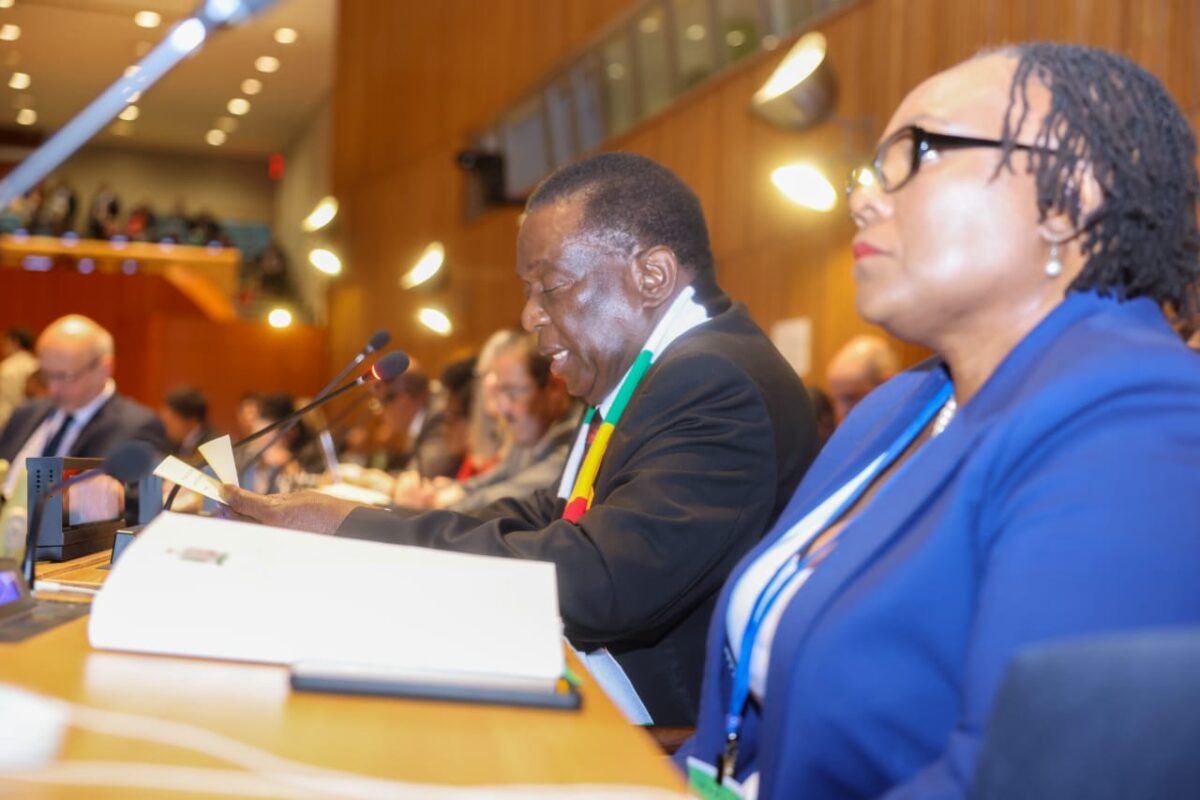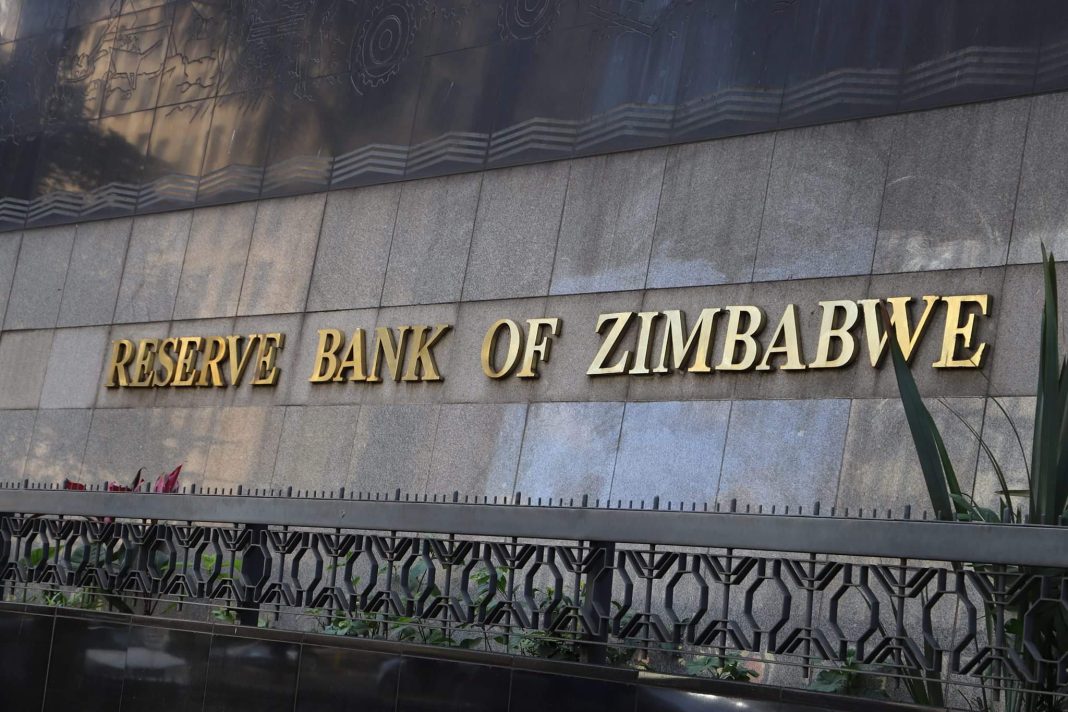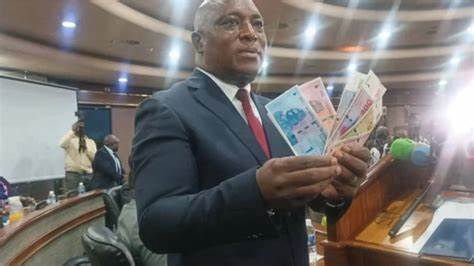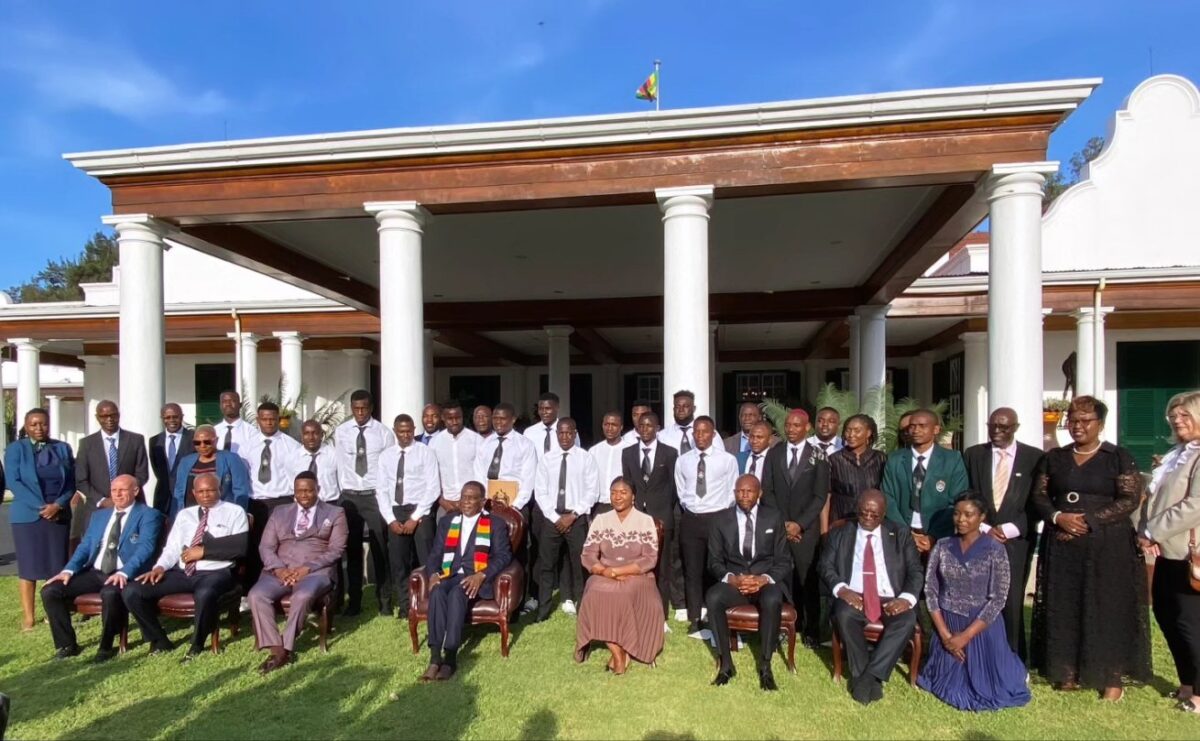HARARE – President Emmerson Mnangagwa has declined to sign the controversial Private Voluntary Organisations (PVO) Amendment Bill into law, and has sent it back to parliament for reconsideration.
United Nations experts had urged Mnangagwa to reject enacting the bill that would severely restrict civic space and the right to freedom of association in the country.
The Senate passed the bill on February 1, 2023, and it has been awaiting Mnangagwa’s signature since then.
Legal watchdog Veritas, in an update on Wednesday, said Mnangagwa has kicked the bill back to parliament.
“He has now, according to Parliament’s Status of Bills, sent the bill back to parliament with reservations, in terms of section 131(6) of the Constitution,” Veritas said.
“We do not know the president’s reasons for referring the bill back to parliament: whether he considered it unconstitutional, because it certainly is, or whether he had other reservations about it. No doubt his reasons will be explained to the National Assembly in due course.”
Rights groups and lawyers had warned that the bill gave disproportionate and discretionary powers to the newly established Office of the Registrar of PVOs. The Registrar’s powers include the ability to consider, grant or reject the registration of PVOs, with little to no judicial recourse against such decisions.
The bill’s requirements would also immediately render existing organisations, operating lawfully as trusts and associations, illegal.
Justice minister Ziyambi Ziyambi, who steered the bill in parliament in the face of fierce resistance by opposition MPs, claimed the bill would stop PVOs from meddling in the country’s political affairs and limit them to their mandate. PVOs that defied the law would be deregistered.
“I think parliament has done a good job. The bill was debated and there was general support for [it],” Ziyambi said in February.
Veritas said it had not seen the version of the bill that was sent to the president for his signature after a process of tidying up by lawyers in the Attorney General’s office.
“Where a bill has been referred back to parliament in terms of section 6(b), the Speaker must without delay convene a sitting of the National Assembly, which must— (a) reconsider the bill and fully accommodate the president’s reservations; or (b) pass the bill, with or without amendments, by a two-thirds majority of the total membership of the National Assembly; and in either case the Speaker must cause the bill to be presented to the president without delay for assent and signature and must give public notice of the date on which the bill was sent to the president,” Veritas said.
The section gives the National Assembly only two options. It must either amend the bill so as to meet all the president’s objections and reservations, or it must by a two-thirds majority resolve to override the president’s objections.
In either event it must send the bill back to the president who must then, in terms of section 131(8), either assent to the bill or refer it to the Constitutional Court for an opinion as to its validity.
Veritas added: “These constitutional provisions are not well thought out: Firstly, the National Assembly has the sole right to decide what to do when the president sends a bill back to parliament: the Senate has no role in the proceedings, even though it may have passed the bill originally.”
Veritas says it hopes the National Assembly will abandon the bill, which was met by a chorus of local and international criticism over its restrictive clauses on non-governmental organisations.
In February, UN experts voiced concern over the bill, telling Mnangagwa: “It is not too late for the president to change course.”
The experts raised concerns about the prohibition of any “political affiliation” and unjustified restrictions on PVOs’ ability to obtain funding, including foreign funds. The vagueness or non-definition of many provisions in the bill also raised concerns that the proposed law will be misapplied.
“While one of the stated aims of the Bill is to counter terrorism and money laundering in Zimbabwe, the restrictions contained therein will have a chilling effect on civil society organisations – particularly dissenting voices. By enacting this legislation, authorities would effectively be closing an already shrinking civic space,” the UN experts said.
The UN experts submitted an analysis of the bill to the government in 2021, concluding that the law was incompatible with international human rights obligations, in particular the right to freedom of association.
















